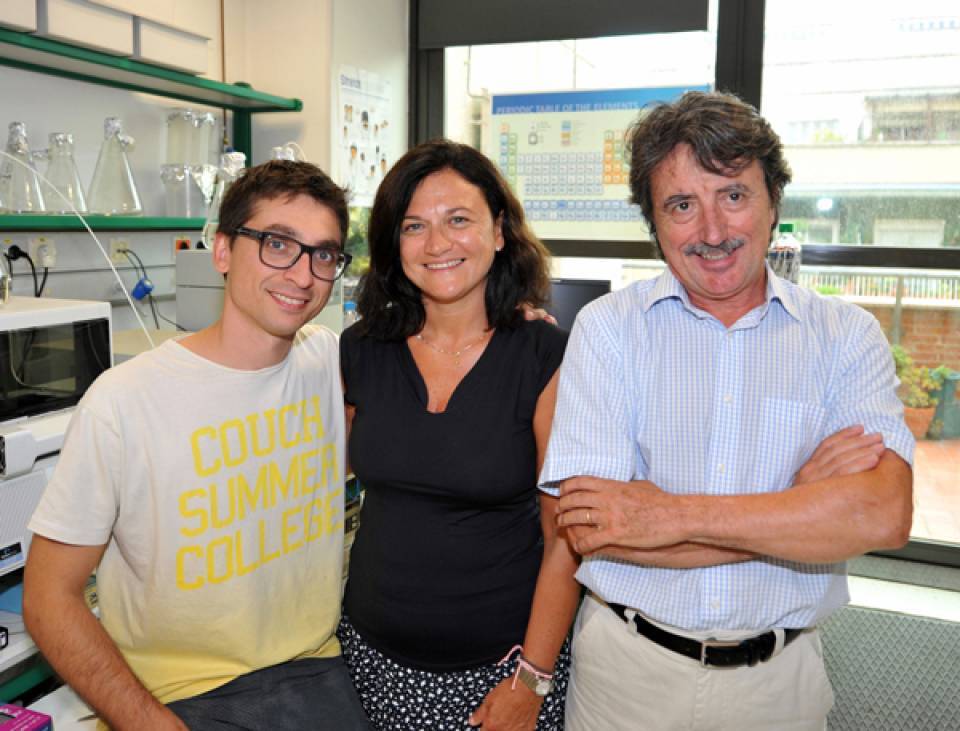Dr. Francesc Artigas (CSIC) and Dr. Analía Bortolozzi (IDIBAPS) led this study published in the journal Molecular Psychiatry, in which other Spanish research centers, the Networked Biomedical Research Center on Mental Diseases (CIBERSAM) and the company nLifeTherapeutics, have also participated. The first author of the article is Albert Ferrés-Coy, predoctoral researcher in the group co-chaired by Dr. Artigas and Dr. Bortolozzi at IIBB-CSIC-IDIBAPS.
Depression is the psychiatric pathology with a greater socioeconomic impact and both pharmacological and psychological approaches are needed for its treatment. The European Brain Council estimates the annual cost in Europe for this disease at more than 113,000 million euros. This high cost is due to the high incidence of depression, the long duration of depressive episodes and the low efficiency of current drugs. Regarding pharmacological treatment, the response to conventional drugs is too long (between 6 and 8 weeks) and, therefore, it is essential to find new therapies that achieve the same effect but in a shorter time.
Inhibitory oligonucleotides are formed by short sequences of DNA or RNA and are used in gene therapy as a strategy for silencing genes or molecules inhibition. In the study published in the journal Molecular Psychiatry, an interference RNA has been used to inhibit the synthesis of the serotonin transporter within the cell and not only at cell membrane level, as achieved by other antidepressant treatments.
Scientists have compared in mice the efficacy of this treatment with interference RNA and a conventional antidepressant (fluoxetine, known as Prozac). "The results show that with only one week of treatment with the oligonucleotide an equal or superior effect was achieved compared to that obtained after 4 weeks of treatment with fluoxetine", explains Dr. Bortolozzi, IDIBAPS researcher and lead author of the study.
Although research on this treatment is still in a preclinical stage researchers state that "this results show that the new therapeutic strategies could help to overcome the limitations of the current drugs".

